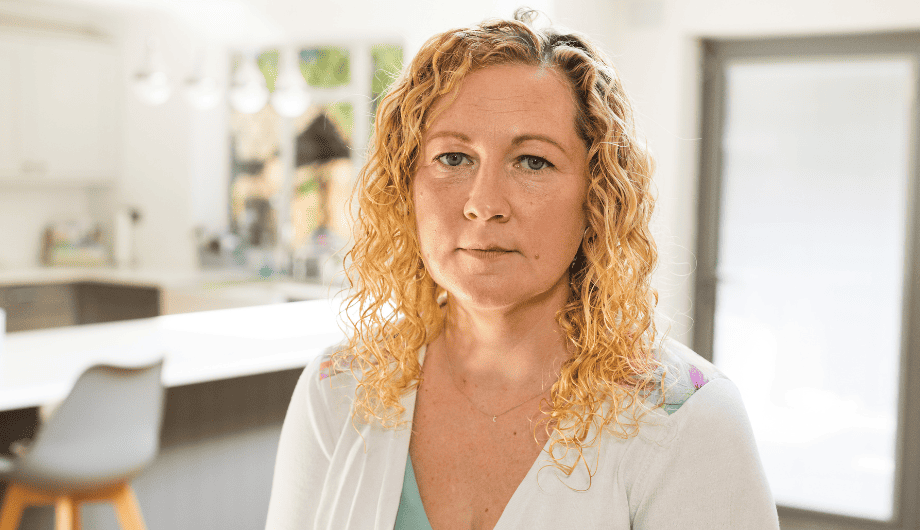
Saïna’s story – A song for my beloved grandpa, Ralph
Saïna opens up about how her grandfather’s dementia has affected her, and how songwriting has provided a release.
When someone is diagnosed with dementia, or seeking a diagnosis, they are likely to have a number of appointments with their GP, memory clinic and other healthcare professionals.
Our guide will help you get the most from these consultations.
It is a good idea to prepare for your appointment to ensure you get the most out of your time with the healthcare professional.
There is often a great deal of information to take in at healthcare appointments, and lots of different names, dates and places to remember.
Our practical guide to getting the most out of GP and other health appointments has space for you to record these important details. You can download a copy to fill in.
If you are living with dementia, you may wish to give your GP or specialist permission to share information about your care with other people.
If you would like a family member or close friend to be kept informed, ensure the professional has their contact details. They can also register with the surgery as your ‘medical proxy’ or ‘trusted person’ which means they can speak to the GP on your behalf to discuss your treatment and support. There is more information in our guide to online GP services.
You can also consent to the GP or specialist sharing information with other health and social care professionals.
It is important to make a lasting power of attorney (LPA) for health and welfare, which enables a nominated person/people to make decisions about your care if you lose the mental capacity to make them yourself.
It is common for many health appointments to take place remotely, by phone or video call. You can use the tips in this guide during these appointments too, and refer to our information on getting the most out of remote consultations.
Face-to-face appointments will be offered if physical examinations or tests are needed.
If you are offered a remote appointment and would prefer to see a professional in person, you can request this although you may have to wait longer.
Our dementia specialist Admiral Nurses can advise you on getting the most from your health appointments or any other aspect of dementia. Please call our free Helpline on 0800 888 6678 (Monday-Friday 9am-9pm, Saturday and Sunday 9am-5pm) or email helpline@dementiauk.org.
If you prefer, you can pre-book a phone or video appointment with an Admiral Nurse.
Our virtual clinics give you the chance to discuss any questions or concerns with a dementia specialist Admiral Nurse by phone or video call, at a time that suits you.

Saïna opens up about how her grandfather’s dementia has affected her, and how songwriting has provided a release.

Ricky’s talks about how his Gran’s dementia diagnosis impacts his whole family and why he is supporting the ‘We live with dementia’ campaign.

As a carer for her mum, who has vascular dementia, Clare is taking part in our ‘We live with dementia’ campaign to make more people aware of the support our nurses offer.